Introduction
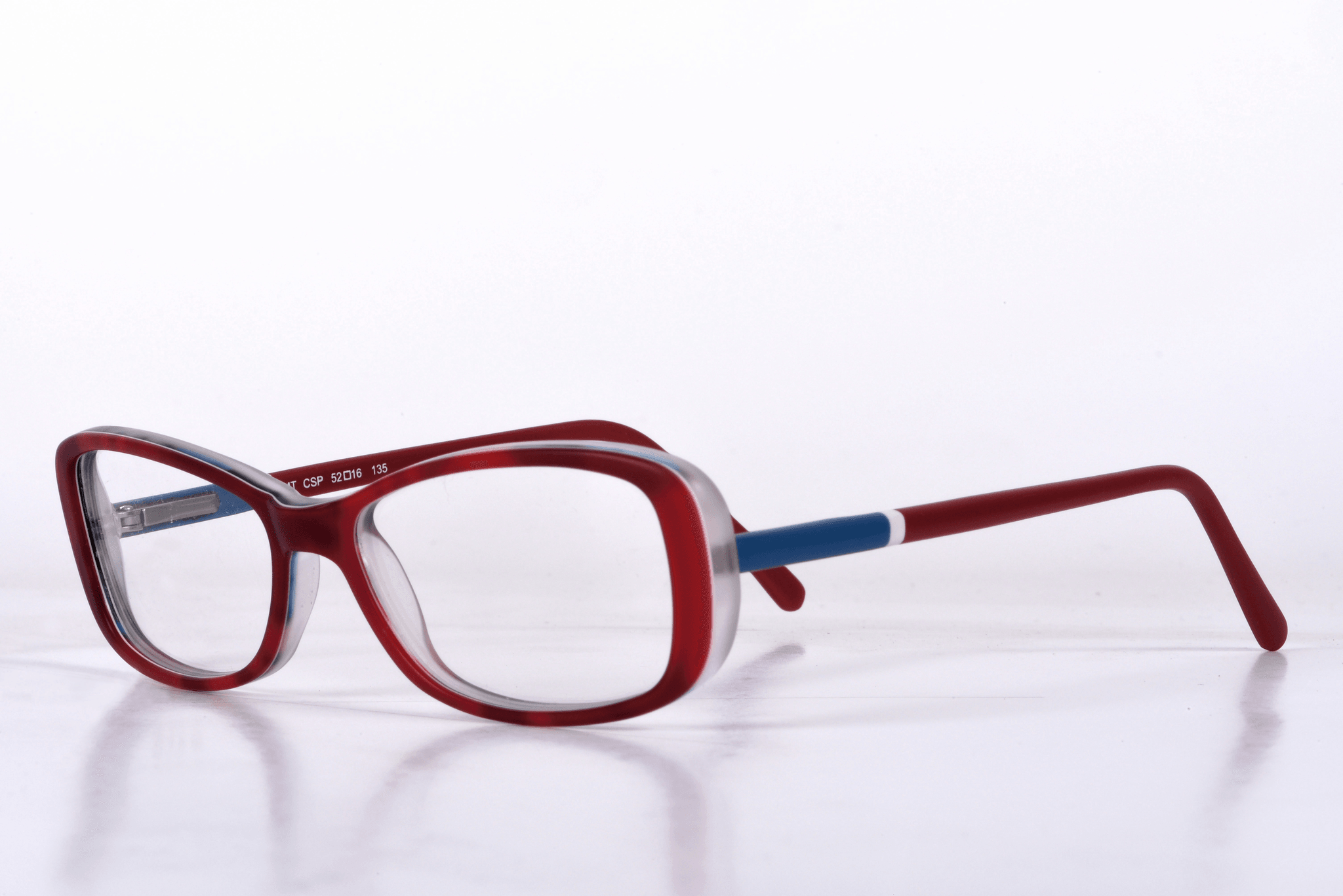
In the world of eyewear, metal and acetate glasses have emerged as two of the most popular materials, each boasting unique characteristics that cater to different preferences. Understanding these materials is essential for anyone looking to invest in a stylish and functional pair of glasses. The combination of metal and acetate in mixed material eyeglasses has created a new wave of fashion-forward options that appeal to both style enthusiasts and practical wearers alike.
Understanding Metal and Acetate Glasses
Metal frames are known for their durability, lightweight feel, and sleek aesthetic, making them a favorite among those who prioritize functionality without sacrificing style. On the other hand, acetate offers vibrant colors and patterns, allowing for more creative expression in eyewear design. When considering whether acetate or metal glasses are better for you, it’s crucial to weigh the pros and cons of each material.
The Appeal of Mixed Material Eyeglasses
Mixed material eyeglasses combine the best of both worlds: the strength and stability of metal with the comfort and style versatility offered by acetate. This fusion not only enhances visual appeal but also provides an opportunity to express individuality through unique designs that stand out from traditional frames. For those pondering whether acetate is a good material for glasses or if they should lean towards metal options, mixed materials present an exciting compromise.
Why Choose Mixed Materials?
Choosing mixed material glasses means embracing innovation while enjoying practical benefits such as comfort, durability, and aesthetic variety. These hybrid frames cater to various lifestyles—whether you're seeking something lightweight for all-day wear or a bold statement piece that reflects your personality. However, it's essential to consider potential downsides; understanding what are the disadvantages of acetate frames can help you make an informed decision about your next pair.
The Unique Benefits of Metal and Acetate Glasses
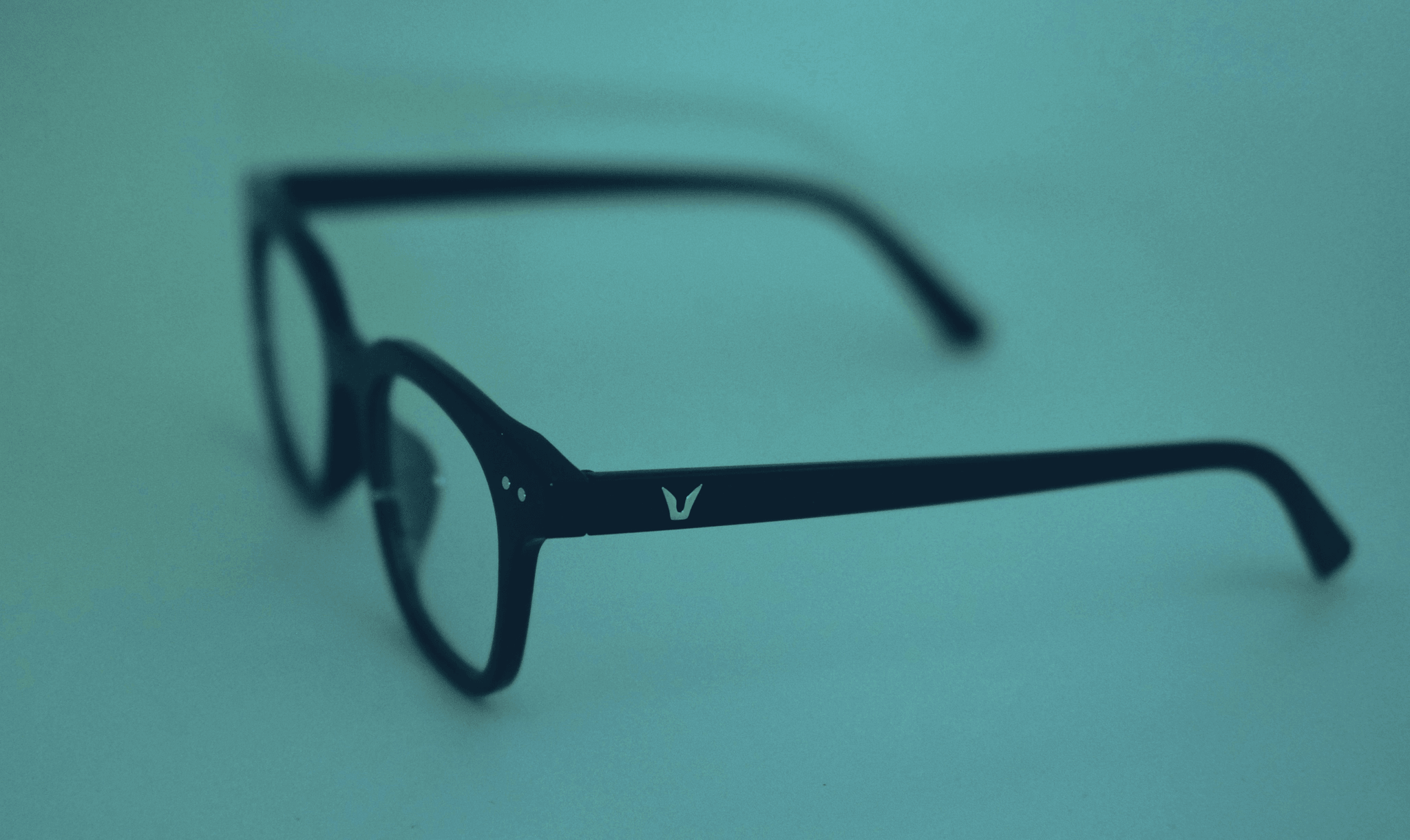
Durability Versus Comfort
Metal frames are renowned for their strength and longevity, making them a solid investment for daily wear. On the other hand, acetate offers an unparalleled level of comfort due to its lightweight nature, allowing for all-day wear without discomfort. So, when considering Are acetate or metal glasses better?, it really boils down to personal preference: do you prioritize durability or comfort?
Style Versatility with Mixed Material Eyewear
Mixed material glasses offer an impressive range of styles that can suit any occasion or outfit. The fusion of metal’s sleekness with acetate's vibrant colors allows wearers to express their individuality effortlessly. Whether you’re dressing up for a formal event or keeping it casual, mixed material eyeglasses adapt beautifully—making them a staple in any eyewear collection.
Are acetate or metal glasses better?
The age-old debate continues: Are acetate or metal glasses better? While each has its merits, it often depends on what you're looking for in your eyewear experience. If you're after flexibility in design and color choices, acetate might be your go-to; however, if durability is key—especially if you're prone to dropping your glasses—metal frames could be the wiser choice.
Choosing the Right Style for Your Face
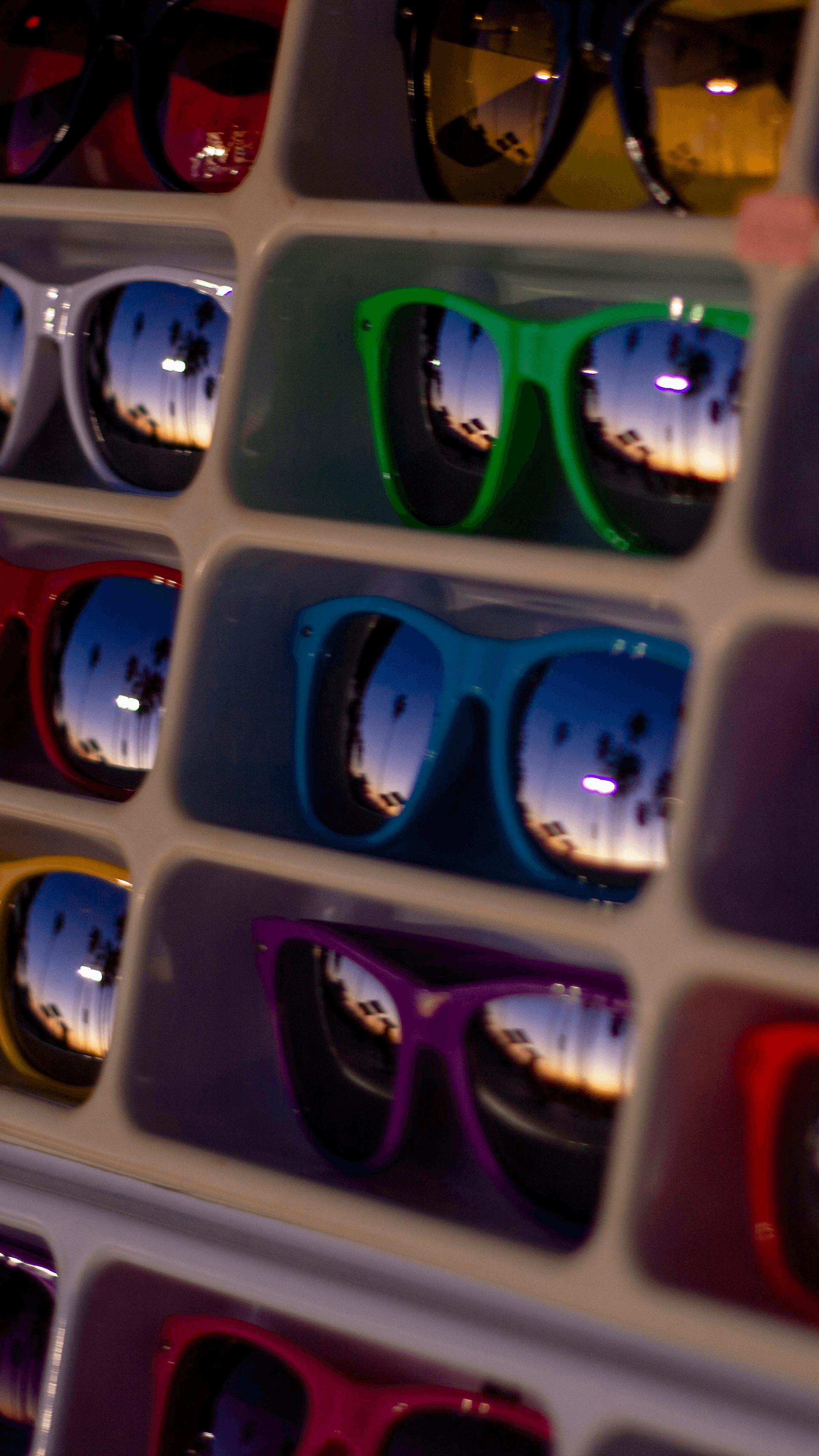
Frame Shapes and Your Features
Different face shapes—round, square, oval, or heart—each have frames that suit them best. For instance, round faces often benefit from angular frames that add definition, while square faces may look great in softer shapes like round or oval designs. By considering your features when choosing **mixed material glasses**, you can create a harmonious balance that highlights your best attributes.
How Mixed Material Glasses Enhance Your Look
**Mixed material eyeglasses** combine the best of both worlds: the lightweight comfort of acetate and the sleek sophistication of metal. This combination not only adds visual interest but also allows for unique design elements that can elevate any outfit. Whether you're dressing up for a formal occasion or keeping it casual on weekends, these styles enhance your overall look effortlessly.
Acetate vs Metal Frames: What Works for You?
When debating **acetate vs metal frames**, it's crucial to consider personal preferences alongside practical factors like comfort and durability. Are acetate or metal glasses better? It really depends on lifestyle—metal frames often provide sturdiness while acetate offers flexibility and an array of colors. Plus, if you're wondering about the disadvantages of acetate frames—like susceptibility to scratches—they might not be ideal if you lead an active life.
Quality Considerations When Buying
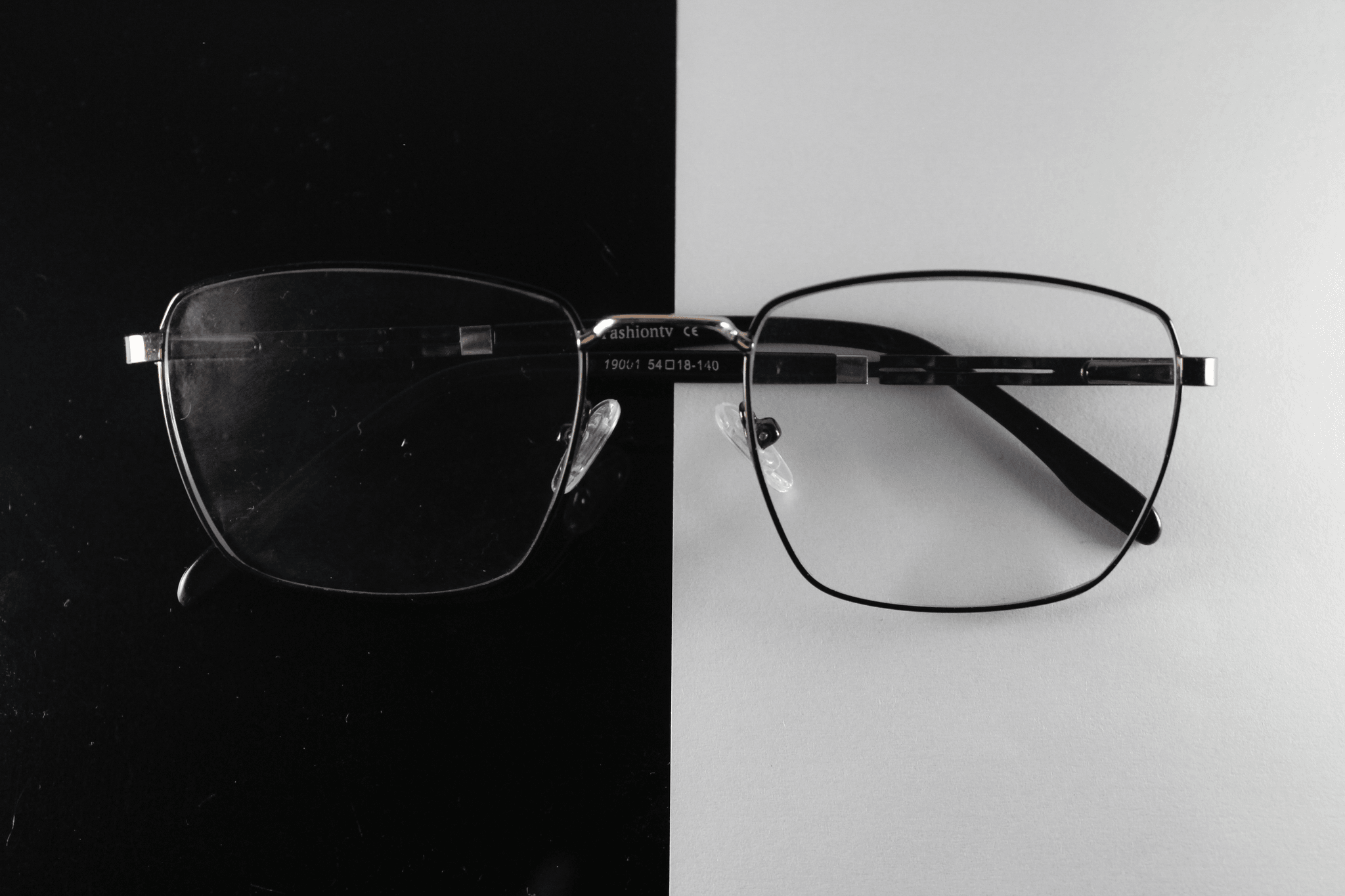
Recognizing High-Quality Acetate
High-quality acetate is characterized by its vibrant colors and smooth finish, which can really elevate your style when choosing mixed material glasses. Look for frames that are made from 100% cellulose acetate; this type is more durable and less likely to warp over time compared to lower-grade options. Additionally, a premium acetate frame will have a consistent thickness throughout the design—if it feels flimsy or looks uneven, it's probably not the best choice for your eyewear needs.
Metal Frame Durability and Maintenance
Metal frame durability is one of the major selling points when considering whether acetate or metal glasses are better for you. Metal frames tend to withstand wear and tear better than their plastic counterparts, making them an excellent long-term investment in Mixed Material Eyeglasses. However, they do require some maintenance; regular cleaning with a microfiber cloth can keep them looking sharp while avoiding exposure to harsh chemicals that could cause corrosion.
What are the disadvantages of acetate frames?
While there are many benefits to choosing acetate frames for your eyewear collection, there are also notable disadvantages worth considering. For instance, one common drawback is that they can be less flexible than metal frames, leading to potential breakage if dropped or mishandled—definitely something you'd want to avoid! Additionally, if you're wondering if acetate is a good material for glasses in humid climates: it can absorb moisture over time, which may affect its longevity compared to more robust materials like metal.
Finding Sustainable Options
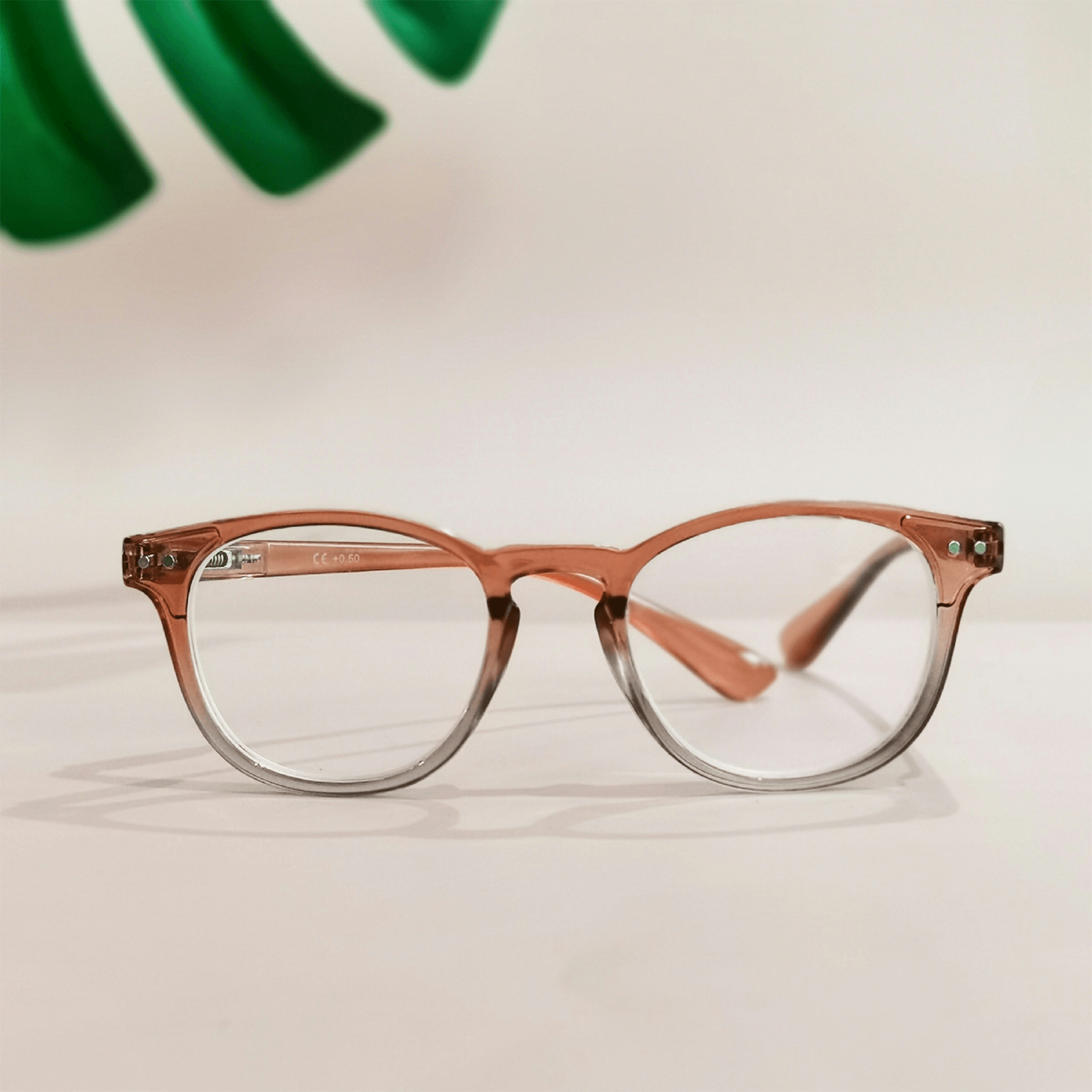
In today’s world, sustainability is more than just a buzzword; it's a movement that's reshaping the way we think about fashion and accessories, including eyeglasses. The rise of eco-friendly glasses reflects a growing awareness of environmental impact and consumer demand for responsible products. As more brands embrace sustainable practices, mixed material eyeglasses made from metal and acetate are becoming popular choices for those who want to look good while doing good.
The Rise of Eco-Friendly Glasses
Eco-friendly glasses are gaining traction as consumers become increasingly conscious of their purchasing decisions. Many brands are now producing frames using recycled materials or sustainable resources, making it easier to choose styles that align with personal values. This shift not only addresses concerns about waste but also sparks curiosity about the durability and aesthetic appeal of mixed material eyewear, like metal and acetate glasses.
As you weigh your options between acetate vs metal frames, consider how these materials can be sourced sustainably. Are acetate or metal glasses better in terms of environmental impact? With advances in technology, both materials can be produced with less harm to the planet, allowing you to enjoy stylish eyewear without compromising your commitment to sustainability.
Daposi Eyewear’s Commitment to Sustainability
Daposi Eyewear stands out in the industry for its unwavering commitment to sustainability and ethical production practices. By focusing on high-quality materials like recycled acetate alongside durable metals, they create mixed material glasses that not only look fabulous but also minimize environmental footprints. Daposi's dedication ensures that when you choose their eyewear, you're investing in a product designed with both style and sustainability in mind.
Their approach allows customers to embrace fashionable choices without worrying about the drawbacks often associated with traditional manufacturing processes—like excessive waste or harmful chemicals. When considering which glasses are better—plastic or metal—Daposi makes it clear that opting for their eco-conscious designs means choosing longevity over disposability while still enjoying the flexibility offered by mixed materials.
Benefits of Choosing Mixed Material Glasses for the Planet
Choosing mixed material glasses offers several benefits beyond just aesthetics; it promotes a more sustainable future as well. Metal and acetate glasses combine durability with comfort while reducing reliance on single-use plastics typically found in conventional eyewear production. This means fewer resources consumed over time—an important consideration when weighing what are the disadvantages of acetate frames against their benefits.
Moreover, by selecting high-quality mixed material eyeglasses from brands like Daposi Eyewear, you're supporting companies committed to environmentally friendly practices that prioritize both style and ecological responsibility. So next time you're pondering whether is acetate a good material for glasses or if you should lean towards metals instead, remember that your choice can make a difference—not just in your look but also for our planet.
Price Point: Balancing Style and Budget

Budget-Friendly Options in Mixed Materials
If you’re on a tight budget but still want to enjoy the benefits of mixed material glasses, you're in luck! Many brands now offer stylish metal and acetate glasses at various price points that cater to different budgets. Look for sales or discount retailers that specialize in eyewear; they often have fantastic deals on trendy mixed material eyeglasses without compromising on quality.
Another great tip is to explore online marketplaces where you can find affordable options for both acetate vs metal frames. Many retailers provide virtual try-on features so you can see how these mixed materials will look before making a purchase decision. This way, you can snag a chic pair without breaking the bank!
Which glasses are better, plastic or metal?
The debate over whether plastic or metal frames are superior is age-old and often subjective. While plastic frames (like acetate) may be lighter and come in a wider array of colors and styles, metal frames tend to be more durable and long-lasting. So when asking yourself Are acetate or metal glasses better? consider your lifestyle: if you're prone to dropping your glasses or need them for active use, metal might be your best bet.
However, if comfort is your top priority and you love vibrant designs, then acetate might just win out for you! Ultimately, both materials have their perks; it’s all about finding what fits your needs best while keeping an eye on price points. Remember that mixed material eyeglasses can provide the best of both worlds—durability from metal combined with the lightweight feel of acetate.
Investing in Quality Eyewear
Investing in quality eyewear is crucial for ensuring longevity and comfort when wearing your glasses daily. While it might be tempting to opt for cheaper options initially, remember that well-made mixed material glasses will save you money in the long run by lasting longer than flimsy alternatives. High-quality acetate has its advantages; however, it's essential to weigh what are the disadvantages of acetate frames against its benefits—like susceptibility to scratches compared to sturdier metals.
Furthermore, investing in good-quality lenses alongside those stylish frames will enhance your vision experience significantly! So whether you're leaning towards sleek metal designs or vibrant acetates—or even better yet, a combination with mixed materials—make sure you're considering not just style but also durability as part of your investment strategy.
Conclusion
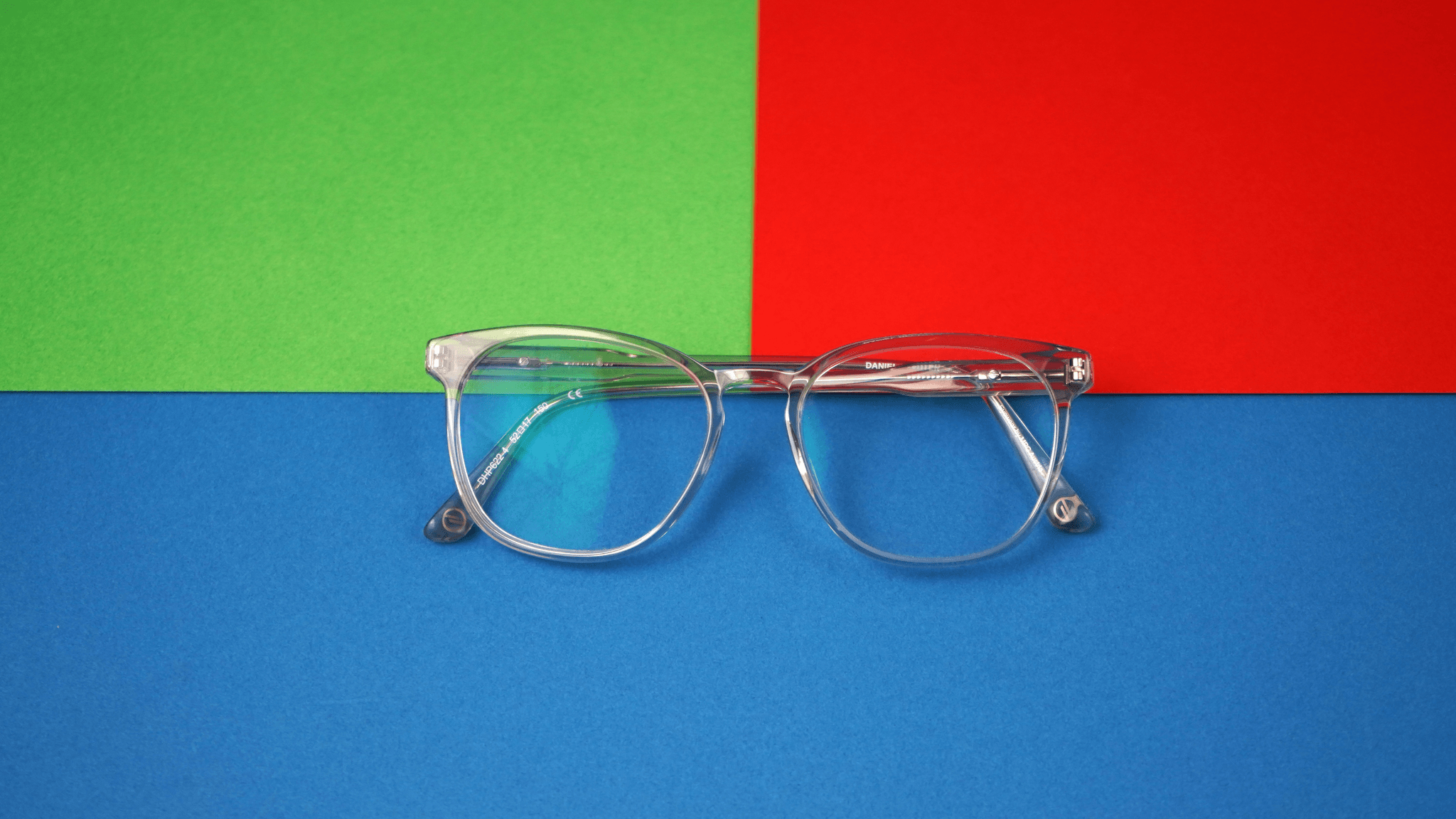
As we wrap up our exploration of metal and acetate glasses, it's clear that the versatility of mixed material eyeglasses offers something for everyone. Whether you're drawn to the sleek durability of metal or the vibrant colors of acetate, these frames provide a unique blend that enhances both style and comfort. Embracing mixed materials means you can enjoy the best of both worlds while making a fashion statement.
Embracing the Versatility of Mixed Materials
Mixed material eyeglasses are not just a trend; they represent a fusion of functionality and flair. The combination of metal and acetate creates frames that are lightweight yet sturdy, allowing for an enjoyable wearing experience throughout your day. With so many styles available, you can easily find the perfect pair that complements your personal aesthetic.
Making an Informed Decision on Eyewear
When it comes to choosing between acetate vs metal frames, understanding your needs is essential. Are acetate or metal glasses better? The answer often lies in lifestyle preferences—if you prioritize comfort and color variety, acetate might be your go-to; however, if durability is key, metal could be the winner. By considering factors like fit, style, and maintenance requirements—such as what are the disadvantages of acetate frames—you can make an informed choice that suits your daily life.
The Future of Eyewear: A Blend of Style and Sustainability
The future is bright for mixed material glasses as sustainability becomes increasingly important in our purchasing decisions. Eco-friendly options are on the rise, offering stylish eyewear without compromising our planet's health—a win-win situation! So whether you're asking yourself which glasses are better, plastic or metal?, remember that embracing high-quality materials like metal and acetate glasses not only elevates your look but also supports sustainable practices.
